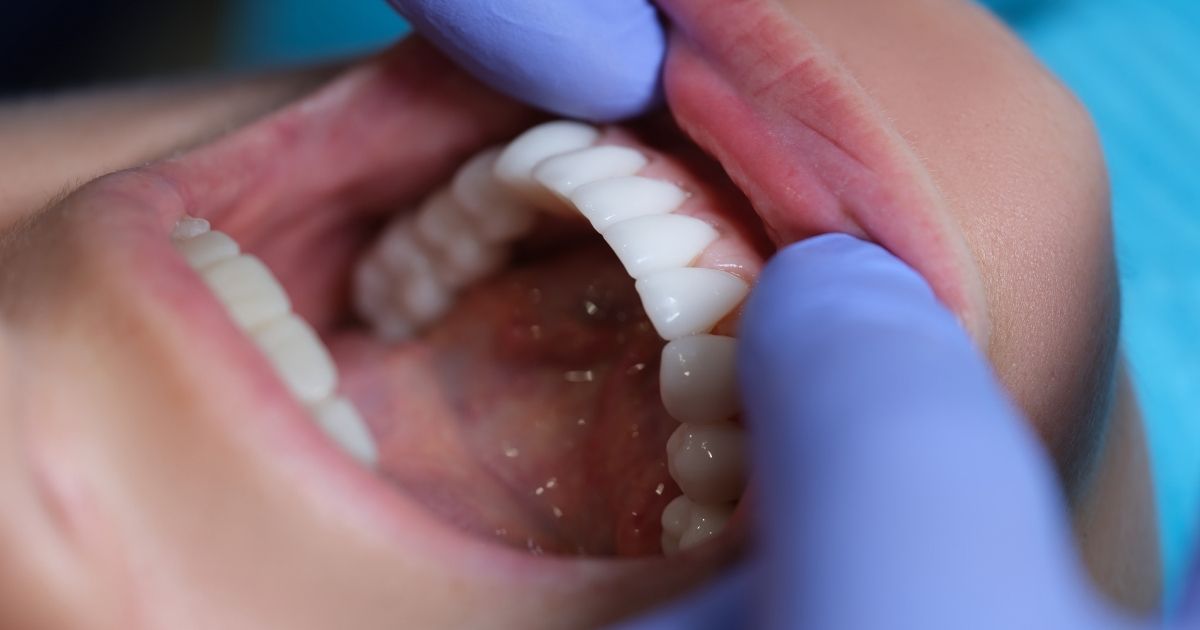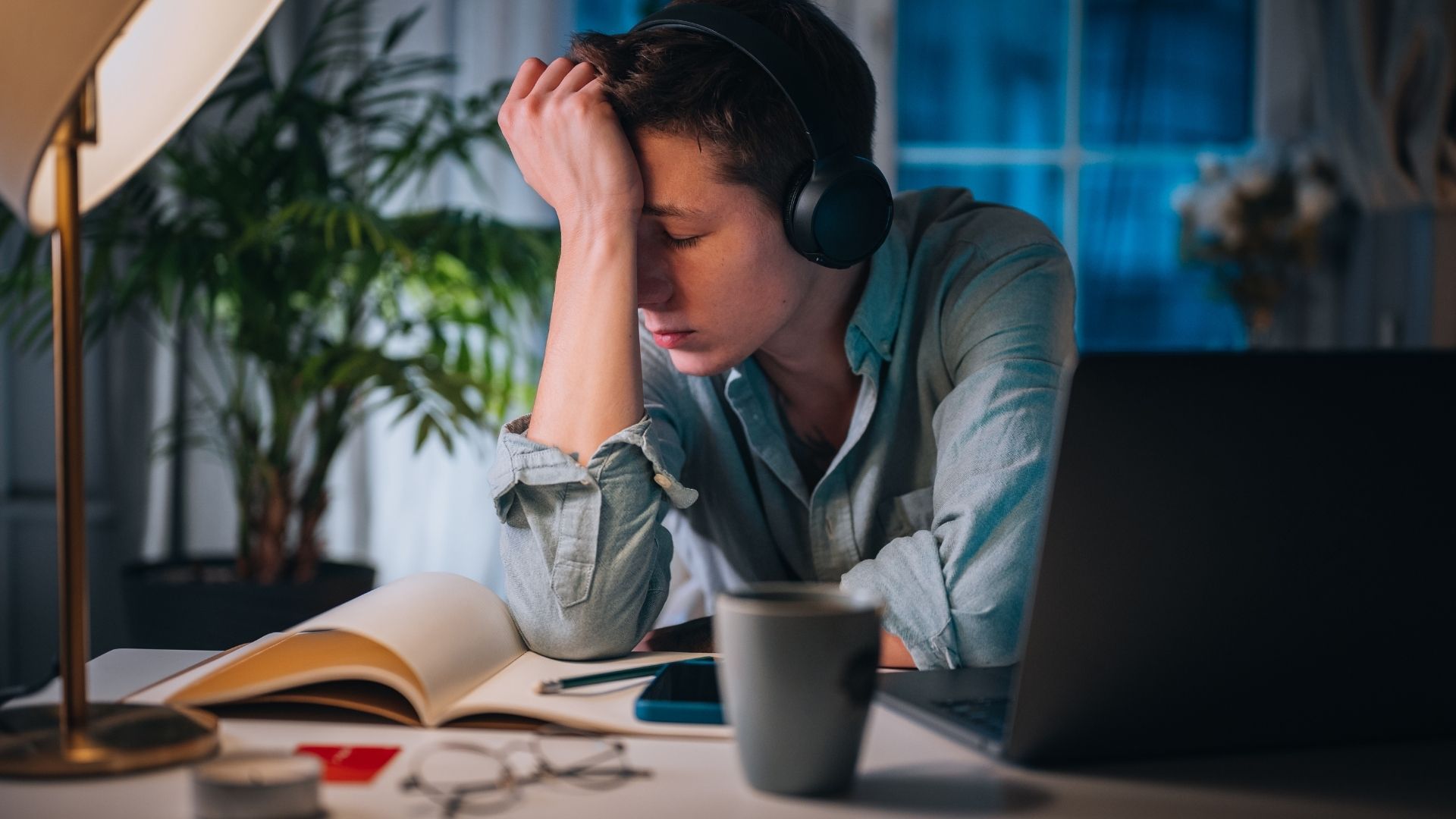Stomach aches can range from mild discomfort to severe pain and can have various causes like indigestion, infections, or stress. Common symptoms include cramping, nausea, bloating, or changes in bowel habits. DoctorTora makes it easy to consult healthcare providers online, providing timely guidance and treatment recommendations for your comfort and peace of mind.
Symptoms, Causes, and Treatment
Introduction
Stomach aches are a common issue that many adults face at some point in their lives. Ranging from mild discomfort to severe pain, stomach aches can disrupt your daily routine and leave you wondering about the cause.
With telemedicine services like DoctorTora, you can consult a doctor from the comfort of your home to address stomach issues and receive professional advice. This article explains the symptoms, causes, treatment options, and self-care tips for stomach ache in adults.
What is Stomach Ache?
Stomach ache refers to any discomfort or pain felt in the abdominal area, which spans from the chest to the pelvis. The pain can vary in intensity and may be sharp, dull, crampy, or persistent.
While most stomach aches are not serious and resolve on their own, persistent or severe pain may indicate an underlying medical condition that requires attention.
Common Symptoms and Causes of Stomach Ache in Adults
Symptoms
Stomach ache can present with various symptoms, depending on the cause:
- Cramping or sharp pain.
- Bloating or swelling in the abdomen.
- Nausea or vomiting.
- Diarrhea or constipation.
- Loss of appetite.
- Fever or chills (if an infection is present).
Causes
- Indigestion: Caused by overeating, spicy foods, or stress.
- Gas and bloating: Often due to swallowing air or eating gas-producing foods like beans and cabbage.
- Gastroenteritis: Inflammation of the stomach and intestines caused by infections or food poisoning.
- Irritable bowel syndrome (IBS): A chronic condition affecting the digestive system.
- Acid reflux or ulcers: When stomach acid irritates the lining of the stomach or esophagus.
- Gallstones: Hard deposits in the gallbladder causing pain after eating fatty meals.
- Kidney stones: Can cause sharp abdominal pain radiating to the back.
- Appendicitis: Inflammation of the appendix, requiring urgent care.
How is Stomach Ache in Adults Diagnosed?
Diagnosing stomach ache involves understanding the symptoms, their duration, and possible triggers. A healthcare provider may:
- Ask about symptoms: Their severity, location, and whether they occur after eating or at specific times.
- Perform a physical examination: Checking for tenderness, swelling, or unusual sounds in the abdomen.
- Order diagnostic tests if needed:
- Blood tests: To check for infections or organ function.
- Stool tests: To identify infections or digestive issues.
- Imaging tests: Such as X-rays, ultrasounds, or CT scans, to view internal organs.
Through DoctorTora, you can describe your symptoms in detail and receive guidance on whether further tests or in-person care is necessary.
How is Stomach Ache in Adults Treated?
Medications
Treatment depends on the underlying cause of the stomach ache. Common medications include:
- Antacids: To relieve acid reflux or heartburn.
- Anti-gas medications: For bloating and flatulence.
- Antispasmodics: To reduce abdominal cramps.
- Antidiarrheal drugs: For temporary relief from diarrhea.
- Laxatives: To alleviate constipation.
- Pain relievers: Such as paracetamol (avoid ibuprofen or aspirin as they may worsen stomach irritation).
Non-Medication Strategies
- Hydration: Drinking water or electrolyte solutions can help with dehydration from vomiting or diarrhea.
- Dietary adjustments: Avoiding heavy, fatty, or spicy foods.
Self-Care Instructions for Stomach Ache in Adults
You can manage mild stomach aches at home with these self-care tips:
- Rest your stomach: Avoid solid foods for a few hours, then introduce bland foods like bananas, rice, applesauce, and toast (BRAT diet).
- Stay hydrated: Drink clear fluids like water, herbal teas, or clear broths to prevent dehydration.
- Apply a warm compress: Place a heating pad or warm towel on your abdomen to relax muscles and reduce cramps.
- Avoid irritants: Limit caffeine, alcohol, and carbonated drinks that may worsen symptoms.
- Eat smaller meals: Instead of large portions, have frequent, small meals to ease digestion.
- Practice stress management: Stress can exacerbate stomach pain, so try relaxation techniques like deep breathing or meditation.
When to Seek Care with Telemedicine for Stomach Ache in Adults
If your stomach ache persists or you’re unsure about its cause, consulting a doctor through telemedicine is a convenient option.
Steps to Seek Telemedicine Care:
- Download the DoctorTora app from the App Store or Google Play
- Select “Stomach and Bowel Problems” under symptoms on the home screen.
- Queue for an immediate consultation or book an appointment for a future time.
- Receive a consultation report with a detailed treatment plan and a prescription if necessary.
DoctorTora connects you with licensed doctors who can help diagnose and treat mild to moderate stomach aches without the need for a clinic visit.
When to Seek Urgent Care at a Physical Hospital for Stomach Ache in Adults
While most stomach aches are harmless, certain symptoms may indicate a more serious condition requiring immediate medical attention:
- Severe or sudden abdominal pain that does not improve with rest.
- High fever or chills.
- Persistent vomiting or inability to keep fluids down.
- Bloody stools or vomit.
- Severe dehydration: Signs include dry mouth, dizziness, and reduced urination.
- Pain spreading to the chest, back, or shoulder.
If you experience these symptoms, visit the nearest emergency care center promptly.
FAQ
- How long does a stomach ache typically last?
Most mild stomach aches resolve within a few hours to a day. Persistent pain lasting more than a few days should be evaluated by a doctor. - Can stress cause stomach aches?
Yes, stress can trigger or worsen abdominal pain by affecting digestion and causing muscle tension. - Should I avoid eating if I have a stomach ache?
It’s best to avoid heavy meals and opt for bland, easily digestible foods until your stomach feels better.
Related Articles
Explore more helpful resources on our website:
- Stomach Ache in Children: Causes and Solutions
- Understanding Acid Reflux: Symptoms and Treatments
- Managing Diarrhea: Tips for Quick Relief
Stomach aches in adults are often manageable with simple remedies, but understanding the cause is crucial for effective treatment. If you’re concerned about your symptoms, DoctorTora is here to help. Download the app today to consult a doctor and receive personalized advice for your health.



